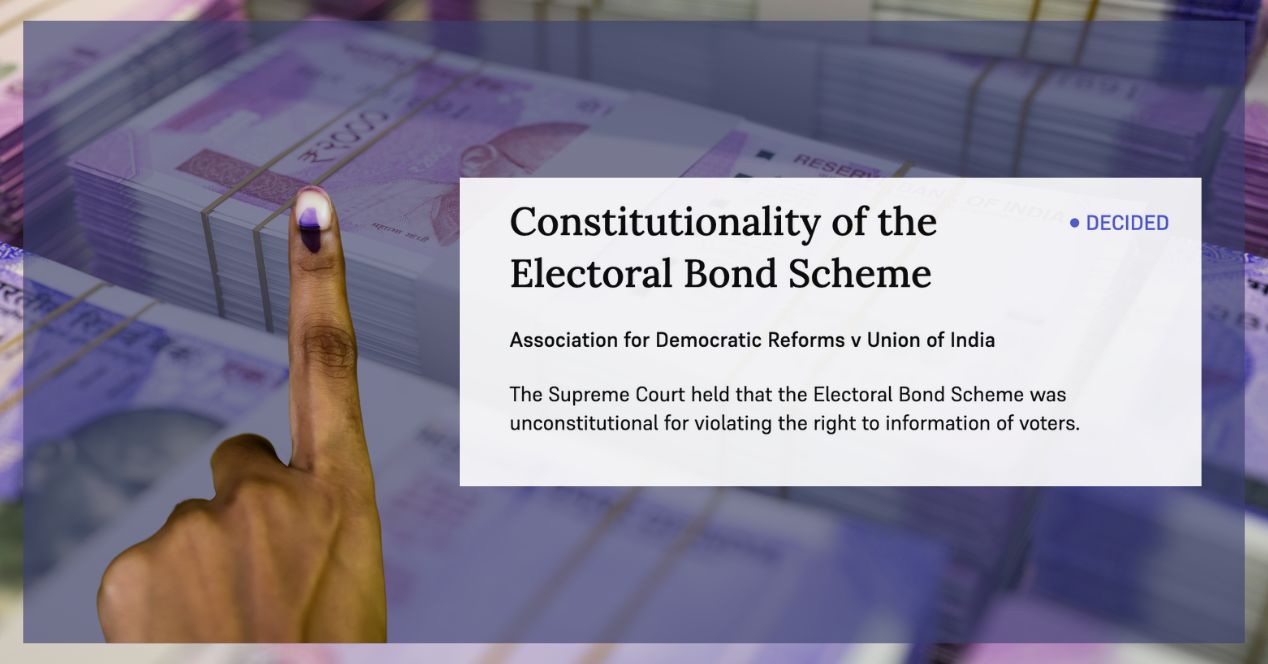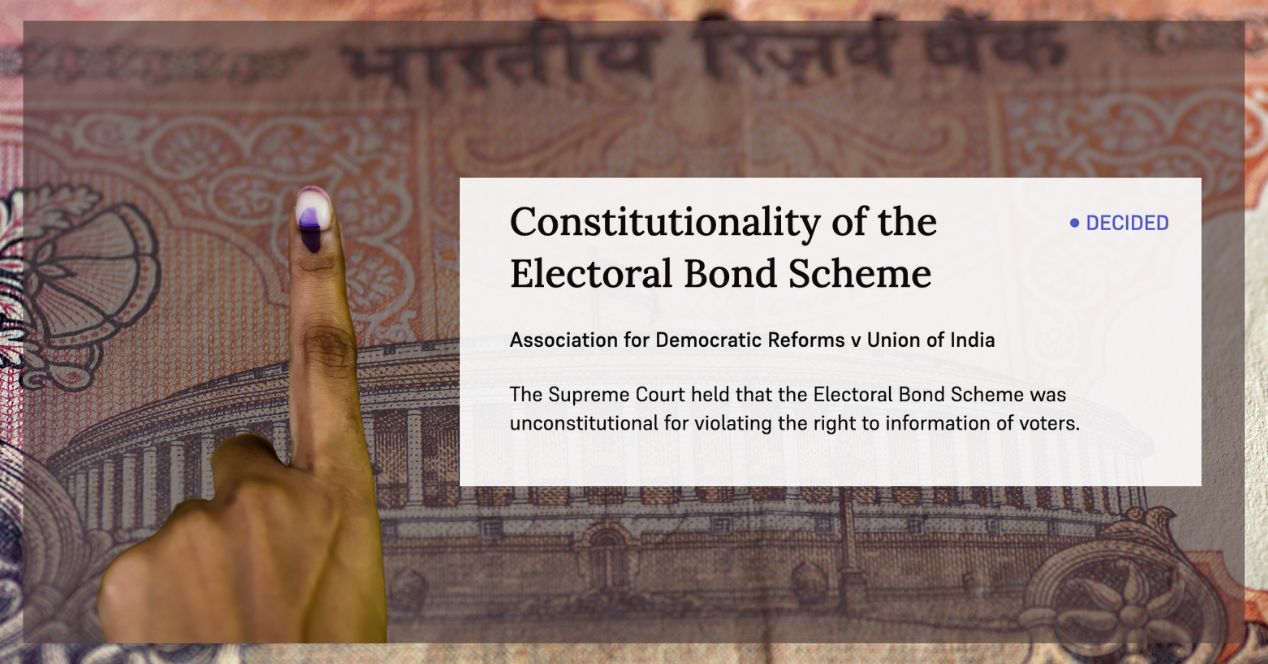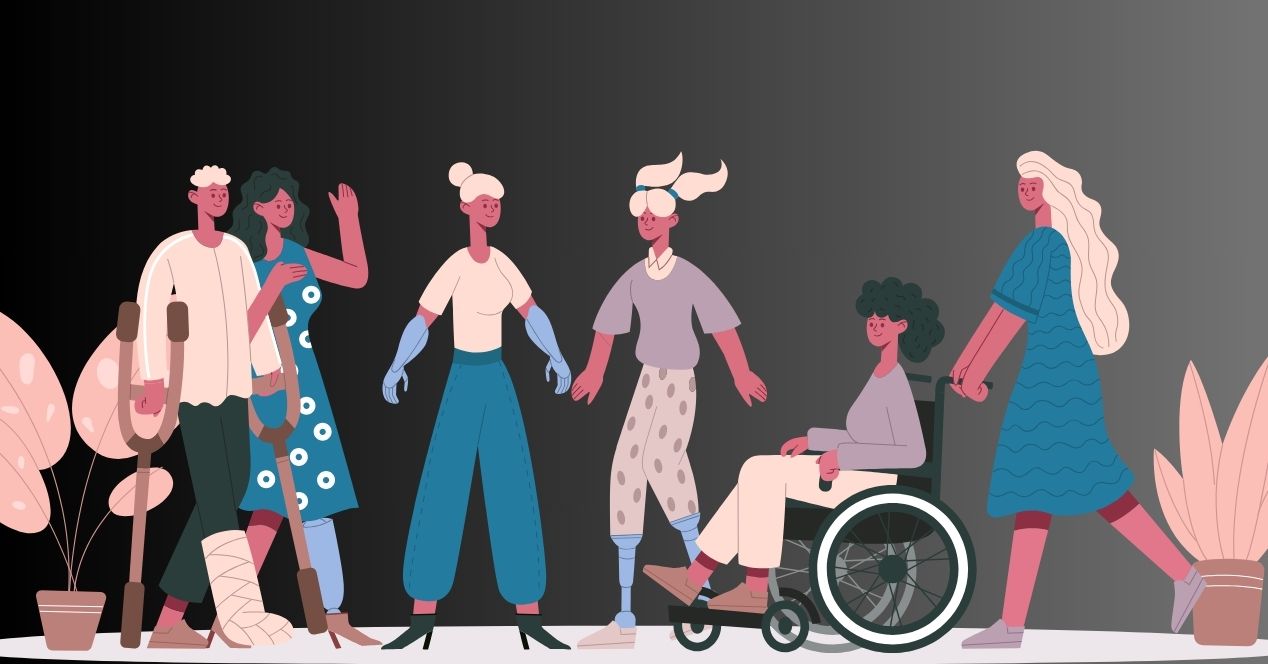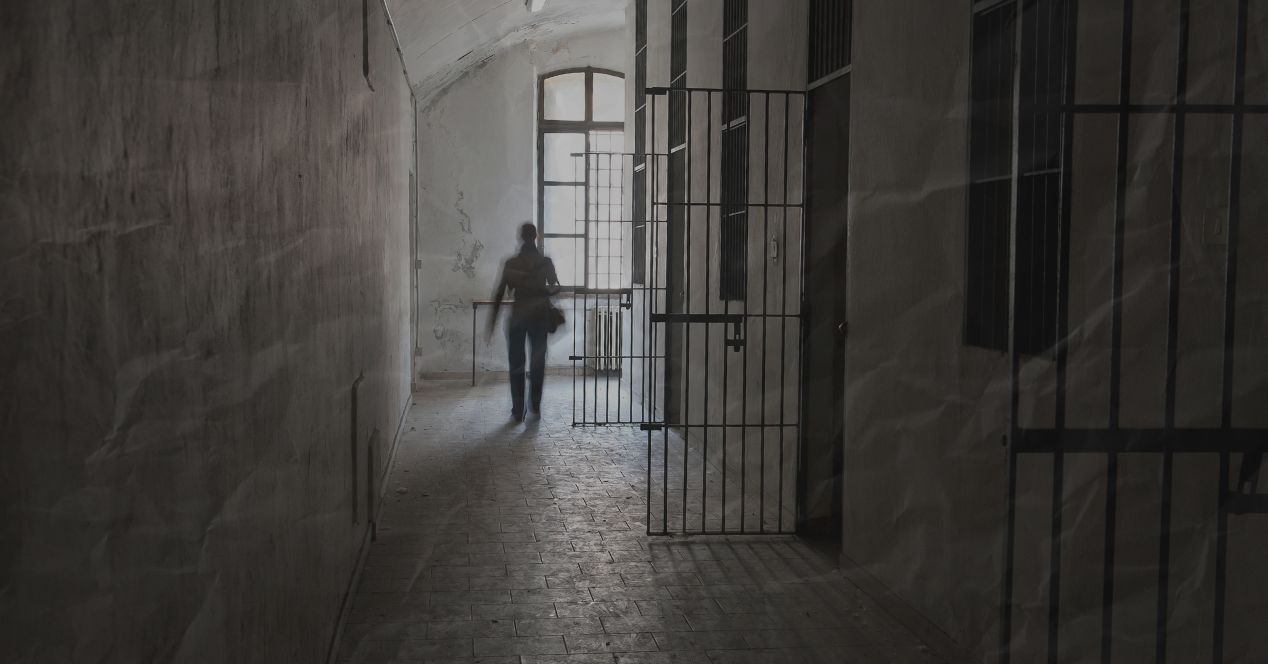Analysis
Patanjali Contempt Case: Blatant violations, expanded scope, repeated scoldings and the flip-flip on Rule 170
In the latest hearing, the Supreme Court directed the company to ensure its suspended products are taken off the shelves by 14 May
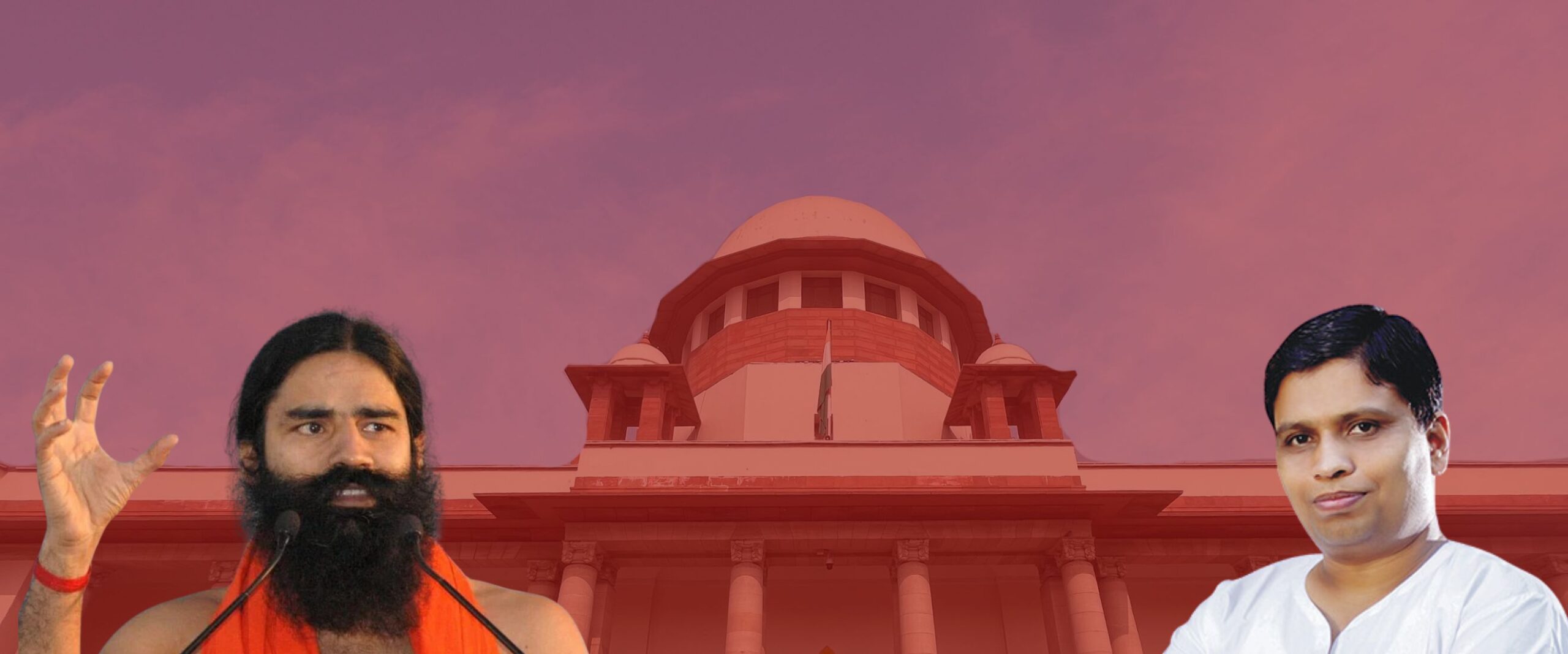
On 7 May 2024, a Supreme Court bench of Justices Hima Kohli and Ahsanuddin Amanullah pulled up Patanjali Ayurved for the continued availability of its misleading advertisements on various online platforms. The ads are in connection with 14 products whose licences have been suspended by the Uttarakhand government for violating provisions of the Drugs & Other Magical Remedies Act, 1954.
This is the latest order in a saga that began in 2022, with the Indian Medical Association (IMA) and Jayesh Lele, its then Vice President, filing a writ petition against Patanjali for publishing advertisements that maligned allopathy, particularly during the COVID pandemic, and falsely claimed that its own ayurvedic products could completely cure certain diseases.
On 21 November 2023, a different bench of the Supreme Court recorded Patanjali’s assurance to discontinue the ads that had been identified as misleading. A day later, Patanjali’s co-founder Baba Ramdev held an hour-and-a-half long press conference, reiterating that he has not made any misleading statements about his products. He claimed to have cured Type 1 diabetes, asthma, thyroid and blood pressure problems through research-backed and real-world evidence-based treatment.
“We respect the Supreme Court, the law and the Constitution. But we are not the ones spreading the false propagandas,” Ramdev said, blaming practitioners of modern medicine for false campaigns against him. Over the course of December 2023 and January 2024, Patanjali continued to place advertisements similar to the questionable ones in mainstream media.
Subsequently, the Supreme Court issued notices to Patanjali, asking why contempt proceedings should not be initiated against them. The present bench began hearing the case from 27 February this year.
‘Take the products off the shelves’
On 7 May, Senior Advocate Balbir Singh, Patanjali’s counsel, assured the Bench that the company would write to the agencies concerned to take down the advertisements. The Bench also reiterated that the suspended products should not be sold. “They have to be on hold, and taken off the shelves,” the Bench said. Singh assured the judges that the company would comply with this direction by 14 May.
The judges also expressed their exasperation with the fact that the company only acted after it was prodded and nudged. Indeed, there has been a fair amount of dragging feet in the present matter—the Uttarakhand government filed a criminal complaint against the company, its managing director Acharya Balkrishna and Baba Ramdev only after repeated strictures from the Supreme Court.
Half-baked apologies
While the Bench had condoned the absence of Balkrishna and Ramdev in hearing on 7 May, they will be required to be present in subsequent hearings of the case. The Court had first asked Balkrishna and Ramdev to appear on 16 April to answer why they should not be tried for repeatedly violating the Court’s directions. They offered the Court “unconditional apology for the mistakes” and the Court allowed them a week’s time to make a public apology.
Ramdev also appeared in Court on 23 April. At that time, Patanjali had already issued an apology in various newspapers, but the Court was not satisfied with the “blown up” e-copies submitted and directed that original copies of the papers be produced. The apology also missed the names of Ramdev and Balkrishna.
A week later, on 30 April, the Bench appreciated the “marked improvement” in the public apology issued by Patanjali which now included the names of both Ramdev and Balkrishna.
The curious case of Rule 170
In the 7 May hearing, the Union government also assured the Bench that it would withdraw the letter the AYUSH ministry had sent to all state and Union Territory licensing authorities directing them not to take any action against advertisements promoting Ayush products. Such action could be taken under Rule 170 of the Drugs and Cosmetic Rules, 1945, which prevented the advertisement of Ayurvedic, Siddha and Unani products without clearance from the licensing authority of the state government.
Earlier, the Union Government had defended the letter on the ground that the Ayurvedic, Siddha and Unani Drugs Technical Advisory Board had recommended it. Curiously, Rule 170 had been inserted by the Union government itself, after a parliamentary committee on health had deplored the frequency of misleading advertisements for Ayush products.
Several petitioners had challenged the validity of Rule 170 in the Delhi High Court in 2019. The High Court had accepted the Union’s submission that the Advisory Board would be requested to re-examine the insertion of Rule 170 before its notification.
On 1 May 2023, the High Court ordered that any decision by the Union shall not be implemented for four weeks from the date of its communication to the petitioners, who would then be free to challenge such a decision again. The High Court had dismissed the case based on the Union’s assurance to abide by this directive. In August 2023, the AYUSH ministry changed its stance on Rule 170, putting it on hold based on the technical board’s opinion. They communicated this by letter to the states and UTs.
Now, in its submission before the Supreme Court, the Union government has made it clear that it no longer supports Rule 170, and that actions for misleading advertisements could be considered under the Drugs and Magic Remedies Act.
Asokan v Balkrishna
On 7 May, along with this matter, the Bench also heard a contempt petition moved by Balkrishna against R.V. Asokan, president of the IMA, following the Bench’s 23 April order expanding the scope of the hearing to include alleged unethical practices among doctors practising modern medicine.
Asokan had criticised the Court for its judicial scrutiny of the practitioners of modern medicine, especially considering the sacrifices they made during the pandemic. Balkrishna has alleged that Asokan’s interview was scandalous in nature, and a clear attempt to interfere with the course of justice.
On 7 May, the Court called for Asokan’s response to Balkrishna’s allegations about his interview by 14 May. Senior Advocate P.S. Patwalia, appearing for the IMA, submitted that Asokan’s responses were taken out of context, and that he was sorry for having made those statements in the interview.
The judges are no strangers to this case being discussed extensively in the media. In an early hearing, Justice Amanullah had remarked that the Bench would “rip” the Uttarakhand State Licensing Authority for its complicity in ignoring violations of the law by Patanjali. Uttarakhand had cited a Bombay High Court interim order from 2019 staying the application of Rule 170 as the reason for its inaction against the company.
The judge took objection to the use of the word ‘bona fide’ by the state government and asked whether the state wanted the Bench to “fall on its officers like a ton of bricks.” The remarks had led to online vitriol against Justice Amanullah.
In the 7 May hearing, the Bench indicated that it had “broad shoulders” and had taken the online backlash against its oral remarks in its stride.
Directions and expanded scope
In the course of previous hearings, the Bench had expanded the scope to include objectionable advertisements by other suppliers of consumer goods as well as unethical practices reported in the practice of modern medicine. With regard to the former, the Court thought it fit to pass a slew of directions on 7 May:
- As a prelude to publishing any advertisements, broadcasters and print media, outlets now have to file a self-declaration form promising compliance with Cable Network Rules, Advertising Code, etc.
- The Union ministries have been directed to set up a specific procedure to provide opportunity to consumers to lodge complaints about such advertisements, and for their timely redressal.
- Celebrities and social media influencers who endorse a product should have adequate information or experience with such a product—they will be equally liable if they endorse deceptive products.
- The Central Consumer Protection Authority (CCPA) has been directed to disclose action taken on false or misleading advertisements in the food and health sector, through the Ministry of Consumer Affairs, Food and Public Distribution.
The case’s expanded scope might be double-edged. The latest directions—along with others previously issued in the matter—suggest that the Court can take strong steps to safeguard consumer rights and public health. The message to FMCG firms is that they can no longer get away with deceptive information.
At the same time, the Court’s zeal to discipline allopathic doctors accused of unethical conduct may appear to be misplaced, as it could distract from the focus of the present litigation.

